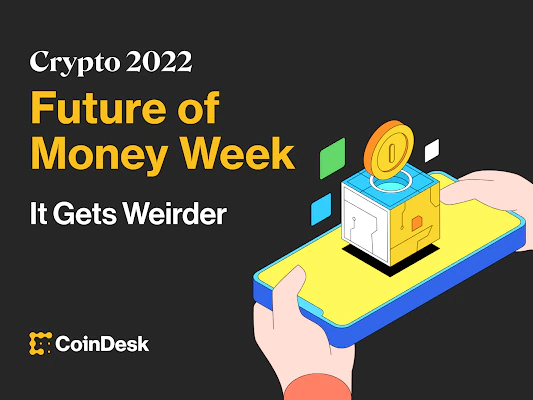Twenty-five years ago, in the dawn of electronic money, Federal Reserve Board Chairman Alan Greenspan presented a paper at the U.S. Treasury conference on “Electronic Money and Banking: The Role of Government,” where he argued that the future of e-cash will depend on the private sector’s “flexibility to experiment, without broad interference by government.” The COVID-19 pandemic has hastened the transition from paper currency to e-cash. People still want cash, but increasingly in digital form stored on mobile wallets rather than in bill folds.
China has already closed the door on private, market-based cryptocurrencies to protect the state’s stake in creating a central bank digital currency (CBDC). There is little doubt that eventually all major central banks will create their own digital currencies. The question is whether governments will allow private digital currencies to emerge and compete with these official digital media of exchange, or follow in China’s footsteps by banning private, market-based substitutes.
This article is part of Future of Money Week, a series exploring the varied (and sometimes weird) ways value will move in the future. James A. Dorn is vice president for monetary studies at the Cato Institute and editor of the Cato Journal.
In thinking about the future of money, it is critical to get the relationship right when it comes to money, the market and the state. There would be gains from allowing a parallel private system for digital currency beside CBDCs, and letting people be free to choose. The market discovery process could then help determine the future of money, rather than give the state the upper hand.
Private monies emerged far before central banks via decentralized decisions by a network of traders to adopt a widely accepted good to act as a medium of exchange. Over time, gold and silver coins replaced cowrie shells and other crude forms of money. Money became more abstract with the introduction of paper currencies and checks, and it became centralized.
By and large, today, currency is a pure fiat money. Its value is solely dependent on keeping its supply in line with demand. The official money network is not easy to compete with; governments are not eager to have their currency monopolies disturbed by private entrepreneurs offering superior alternatives.
Yet, there is no reason to fear the spontaneous development of alternatives to discretionary government fiat money. Allowing free competition within a genuine rule of law that safeguards property rights – including the right to a sound currency – is the best way to encourage innovation and progress. A monetary system based on trust is an important foundation for economic and social harmony. Allowing a free market in ideas and experimentation, whether it be for money or other institutions, generates new information that is lost when the state bans competition, which is best understood as a Hayekian discovery process.
The new frontier of cybercurrency and blockchain should not be restricted by overreaching government bureaucrats who want to protect their turf and maintain the status quo, or by bankers who don’t want competition in the delivery of financial services. If we are to gain the benefits of fintech and the information revolution, doors to an innovative and more adaptive monetary system must remain open while maintaining sufficient regulation to ensure a transparent and orderly payments system.
See also: Gary Gensler Says Crypto Is a ‘Wild West.’ Others See Pure Capitalism | Opinion
The right balance between state and market, therefore, is essential in providing an institutional environment that promotes freedom and responsibility – and extends the range of choices open to people. Tilting that balance toward the private sector will more likely develop a robust monetary system than placing a heavier load on discretionary central banks issuing fiat money, whether paper currency or digital cash.
That idea is reflected in a recent study from the Bank for International Settlements, in which the virtues of CBDCs are noted while recognizing the risks from a lack of private alternatives:
The ultimate benefits of adopting a new payment technology will depend on the competitive structure of the underlying payment system and data governance arrangements. The same technology that can encourage a virtuous circle of greater access, lower costs and better services might equally induce a vicious circle of data silos, market power and anti-competitive practices. CBDCs and open platforms are the most conducive to a virtuous circle.
Instead of following China’s practice of cracking down on cryptocurrencies, the United States and other open societies should follow the market and see whether it can offer better alternatives than another government fiat money unconstrained by any monetary rule.














